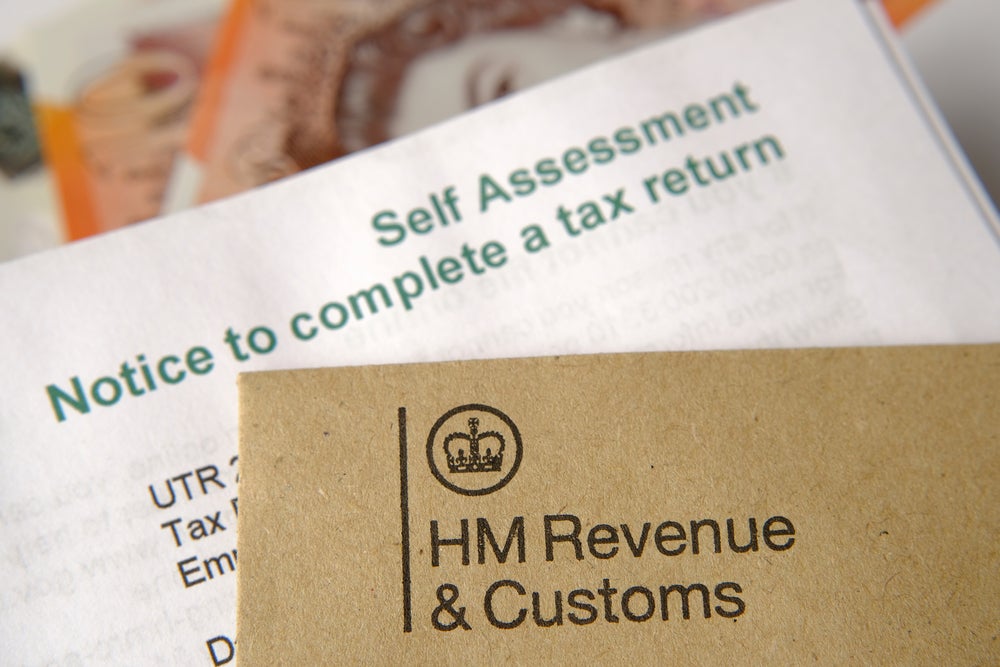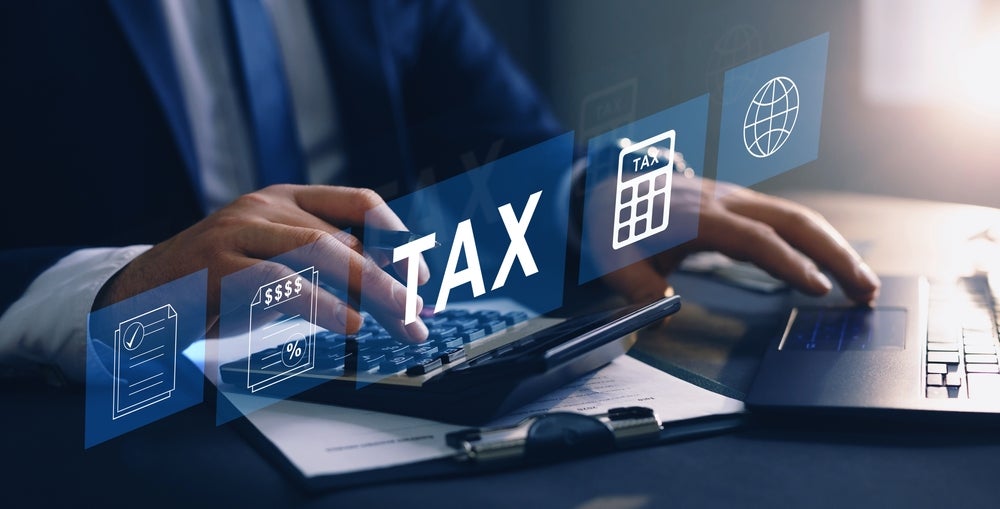
As people start to receive notification of their tax codes for 2023/24, a new survey by accountancy and business advisory firm BDO has revealed that 99% of employers report having experienced issues with their employees’ tax codes.
According to the survey of 500 mid-market businesses, the biggest problem is one of understanding. More than half of employers (51%) said their staff simply don’t understand what their tax codes mean.
BDO specialists labelled this as “hardly surprising”. Each code is made up of a combination of numbers and letters, the numbers relating to the tax-free income to which the employee is entitled while the letters refer to a taxpayer’s personal situation and how it affects their personal allowance.
HMRC does provide some explanations for taxpayers but the system is complex. For example, there are 20 letter combinations listed on the gov.uk website, with further codes (W1, M1 or X at the end) denoting emergency tax. There is also a K code which denotes that tax due to be collected is worth more than the tax-free allowance. This can often happen when an employee has to pay tax owed from a previous year.
The survey also found that almost the same proportion of respondents (49%) said that employees had complained about coding errors which in some cases had led to them receiving catch-up bills for unpaid tax in later years.
A common complaint cited by 38% of respondents was the erroneous or excessive use of emergency tax codes. These are applied if HMRC does not get an employee’s income details in time after a change in circumstances, such as a new job, or starting work for an employer after a period of self-employment. While these codes are temporary, they can cause cashflow problems for employees, and particularly for workers on lower incomes.
How well do you really know your competitors?
Access the most comprehensive Company Profiles on the market, powered by GlobalData. Save hours of research. Gain competitive edge.

Thank you!
Your download email will arrive shortly
Not ready to buy yet? Download a free sample
We are confident about the unique quality of our Company Profiles. However, we want you to make the most beneficial decision for your business, so we offer a free sample that you can download by submitting the below form
By GlobalDataAlmost a third (31%) pointed to problems relating to delays in the time it took to rectify incorrect tax codes.
BDO tax partner, Paul Falvey, said: “HMRC has to implement complex tax laws. The tax code system is a clever way to do that but it isn’t infallible. All it can do is impose its best estimate of tax deductions for the year. This leaves some people ending up underpaying tax and having to pay a catch-up bill: obviously, this can breed distrust in the system.
“Tax codes aren’t simple to understand, and there is undoubtedly more that HMRC could do to help people understand why they have been assigned a particular code.
“There are also things that taxpayers can do to make sure the right amount of tax is collected. We would always advise taxpayers to check their tax codes, by logging into their personal tax account. This
is where you can check the estimates of how much income you’re expected to get from your jobs and pensions.
“You can also inform HMRC about any changes that are likely to affect your tax code during the tax year. Helping HMRC to get it right means you shouldn’t have any nasty surprises later. For example, if you claim child benefit but you or your partner’s income goes over £50,000, telling HMRC straight away means that the High Income Child Benefit Charge can be collected through your tax code to avoid building up tax debts – although you will still have to report this on your tax return.
“Common issues are around the emergency tax being applied when someone starts a new job or takes on an additional part-time job. Problems can also arise with the wrong income tax being taken from pension payments.
“While it’s unlikely we’ll see any meaningful reform of tax codes in the near future, HMRC could probably do a better job of rectifying errors quickly so that people aren’t left out of pocket.






